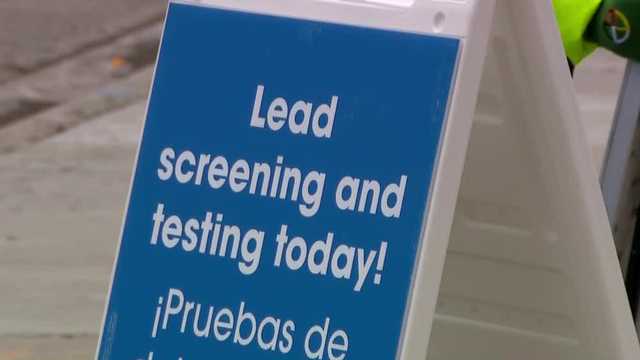Lead War: Milwaukee's Bold Plan to Purge Toxic Hazards from City Schools and Neighborhoods

Milwaukee Public Schools (MPS) and the Milwaukee Health Department have unveiled a comprehensive lead stabilization strategy, marking a significant milestone in protecting student health and safety. The new lead action plan represents a proactive approach to addressing potential environmental risks in school facilities.
Prioritizing student well-being, the collaborative initiative focuses on implementing rigorous safety measures to identify, mitigate, and eliminate lead exposure risks across school campuses. The comprehensive plan includes detailed testing protocols, immediate remediation strategies, and long-term prevention techniques designed to create a safer learning environment for Milwaukee's students.
Key components of the lead action plan involve thorough infrastructure assessments, water quality testing, and targeted interventions to reduce potential lead contamination. By taking these decisive steps, MPS and the Milwaukee Health Department demonstrate their commitment to ensuring the health and safety of students throughout the district.
The announcement underscores the importance of proactive environmental management in educational settings and reflects a dedicated effort to protect the community's most vulnerable population. Parents, educators, and community members can expect transparent communication and ongoing updates as the lead stabilization strategy is implemented.
